Sleeping in your car in New Mexico is generally legal across the state, making it one of the more accommodating destinations for road trippers, travelers, and those experiencing temporary housing challenges. Unlike some states that impose strict prohibitions or complicated regulations, New Mexico takes a relatively lenient approach to vehicle dwelling, particularly at designated rest areas and public facilities. However, the legality depends significantly on where you park, how long you stay, and whether local ordinances impose additional restrictions in specific cities or municipalities.
Understanding State-Level Regulations
It is not generally illegal to sleep in your car in New Mexico if you are just taking a short rest and are not parking in an illegal spot, like a no-parking zone, or engaging in other illegal activities. However, using a vehicle for camping or overnight “living” is often prohibited by local ordinances, such as in Albuquerque where city law explicitly forbids living out of a parked car.
For safety, using state rest areas for resting is permitted, but parking for extended periods like 24 hours is typically not allowed. The state recognizes that tired drivers need safe places to rest, and this philosophy is reflected in the rules governing rest areas and public facilities along highways and interstates.
The state operates over twenty rest areas throughout New Mexico, all designed to provide travelers with safe locations to pull over and recover from the fatigue of driving. These facilities are open around the clock and welcome travelers who need to sleep in their vehicles as part of their journey. New Mexico’s approach emphasizes driver safety and acknowledges that allowing people to rest in their cars helps prevent accidents caused by drowsy driving.
Rest Area Rules and Time Limits
New Mexico has established specific regulations for how long travelers can remain at state-operated rest areas. According to state administrative code, no person may remain at a publicly owned rest and recreation area for more than twenty-four hours within any three-day period. This rule applies to all rest areas located adjacent to public highways and intended for use by travelers.
The twenty-four hour limit does not reset each time you move to a different rest area. Instead, it represents a cumulative time allowance as you travel through the state. The underlying logic is that drivers should be able to traverse New Mexico within a single day, so the state designed the rule to prevent people from essentially camping at rest areas indefinitely. However, enforcement of this specific timing requirement is practically difficult, as highway patrol officers cannot easily track how much of the twenty-four hour window an individual has already used at previous stops.
Signs posted at each rest area clearly outline the rules. These signs specifically encourage travelers to rest sufficiently before resuming their journey, which directly implies that sleeping in your vehicle is permitted and even encouraged for safety reasons. The rules explicitly state that camping is not permitted, but this restriction refers to setting up tents or camping equipment outside the vehicle, not to sleeping inside your car or RV.
Because rest areas operate continuously without closing, overnight parking is fully allowed. Travelers can arrive at any hour, sleep through the night, and continue their journey the next day without violating any regulations. The state has made it clear through its posted rules that it wants drivers to protect themselves by resting adequately, reinforcing the legality of sleeping in vehicles at these facilities.
Private Property and Business Parking Lots
While state law does not prohibit sleeping in your car, the situation becomes more complex on private property. Businesses like Walmart, truck stops, and other commercial establishments have the authority to set their own policies regarding overnight parking. In New Mexico, there is no state law preventing someone from sleeping in a vehicle on private property, but property owners and managers can ask individuals to leave at their discretion.
Many Walmart locations throughout New Mexico have traditionally allowed RVs and other travelers to park overnight in their lots, though this is not a corporate-wide policy. Each store manager makes independent decisions about whether to permit overnight parking. Some New Mexico Walmart locations designate specific areas for overnight guests, while others may prohibit the practice entirely based on local ordinances or management preferences.
Before settling in for the night at any private business parking lot, it is always advisable to go inside and ask permission from the manager or staff. This simple courtesy can prevent unwanted encounters with security personnel or law enforcement. Even if a business does not explicitly prohibit overnight parking, being respectful and communicating your intentions helps ensure a peaceful night and maintains good relationships between travelers and local businesses.
Truck stops and travel centers generally welcome overnight guests, as their business model caters to long-haul truckers and road travelers who need rest. These facilities often provide amenities like restrooms, food, and security, making them practical choices for sleeping in your vehicle. However, always observe any posted signs and respect designated parking areas to avoid issues.
Local City Ordinances Create Complications
While New Mexico state law takes a permissive stance, individual cities and municipalities can enact their own ordinances that restrict or prohibit sleeping in vehicles within their jurisdictions. This patchwork of local regulations means that what is legal in one town may result in citations in another.
In Albuquerque, the state’s largest city, parking regulations require that vehicles cannot remain parked on city streets for more than thirty-six hours without being moved. Additionally, vehicles over ninety inches in width, which includes many RVs, are generally prohibited from parking on city streets due to traffic and safety concerns. While these rules do not explicitly criminalize sleeping in your car, they create practical limitations on where and how long you can stay.
Some smaller New Mexico cities have enacted more specific ordinances. For example, certain municipalities prohibit parking overnight on residential streets or in specific zones. The city of Lovington explicitly prohibits parking motor vehicles overnight on streets, alleys, or public thoroughfares. Santa Fe has ordinances that define camping to include sleeping in a motor vehicle or trailer in certain areas, though enforcement and specific restrictions vary.
These local ordinances often arise from concerns about public safety, business interests, or efforts to manage visible homelessness. Cities with higher populations or more active downtown areas tend to have stricter regulations, while rural communities generally impose fewer restrictions. Understanding the specific rules in the city where you plan to stay is essential to avoid fines or unwanted attention from law enforcement.
DUI Concerns While Sleeping in Your Vehicle
An important legal consideration in New Mexico involves driving under the influence laws. While the state allows sleeping in your car, being intoxicated while inside your vehicle can potentially lead to DUI charges under certain circumstances. New Mexico law prohibits being in actual physical control of a vehicle while intoxicated, which does not necessarily require the vehicle to be in motion.
In a landmark case decided by the New Mexico Supreme Court, the court clarified that prosecutors must prove both actual physical control of the vehicle and a general intent to drive in order to convict someone of DUI when they were not actively driving. Factors that courts consider include whether the engine was running, whether the ignition was on, where the keys were located, where the person was positioned in the vehicle, whether they were awake or asleep, and whether the vehicle was in a safe parking location.
The ruling provides some protection for individuals who choose to sleep off intoxication in their car rather than drive. If someone parks legally, places the keys outside the ignition, and sleeps in the back seat rather than the driver’s seat, they are less likely to be found in actual physical control with intent to drive. However, sleeping in the driver’s seat with keys in the ignition presents a much higher risk of DUI charges, as it suggests the person could easily start the vehicle and drive.
To minimize legal risk when sleeping in your car after consuming alcohol, always park in a safe, legal location, turn off the engine completely, place keys in the glove compartment or trunk rather than the ignition, and sleep in the back seat if possible. These precautions demonstrate lack of intent to drive and reduce the likelihood of criminal charges.
Best Practices for Sleeping Safely and Legally
To sleep in your car throughout New Mexico without legal troubles, follow these practical guidelines. First, prioritize state rest areas along interstates and major highways, as these facilities explicitly welcome travelers and provide the strongest legal protection. Remember the twenty-four hour limit within any three-day period, though enforcement of this specific rule is rare.
When considering private property, always seek permission before settling in for the night. Approach store managers or staff with courtesy and respect their decisions. Look for well-lit areas with other vehicles present, which provide better security and make your presence less conspicuous.
Respect all posted signage, whether at rest areas, parking lots, or city streets. Keep your vehicle clean, dispose of trash properly, and avoid making noise or drawing attention. Use window coverings or curtains to maintain privacy and keep interior lights off to avoid disturbing others or attracting unwanted attention.
Research local ordinances before arriving in a new city, especially in larger municipalities like Albuquerque, Santa Fe, or Las Cruces where specific restrictions may apply. If approached by law enforcement or security, remain polite and cooperative. Explain your situation honestly and be prepared to move if asked.
Understanding Your Rights and Responsibilities
Sleeping in your car in New Mexico is a legal activity under state law, but exercising this right requires awareness of local variations and respect for property owners. The state’s relatively permissive approach reflects recognition that travelers need safe places to rest and that tired driving poses serious safety risks. By using designated rest areas, seeking permission on private property, researching local ordinances, and following common-sense safety practices, travelers can rest in their vehicles throughout New Mexico without legal complications.
The key to successfully sleeping in your car lies in preparation, awareness, and respect. New Mexico offers numerous legal options for vehicle sleeping, from its extensive rest area network to accommodating businesses and rural areas with minimal restrictions. Understanding where you can legally park, how long you can stay, and what behaviors to avoid ensures that your rest is both safe and lawful as you travel through the Land of Enchantment.
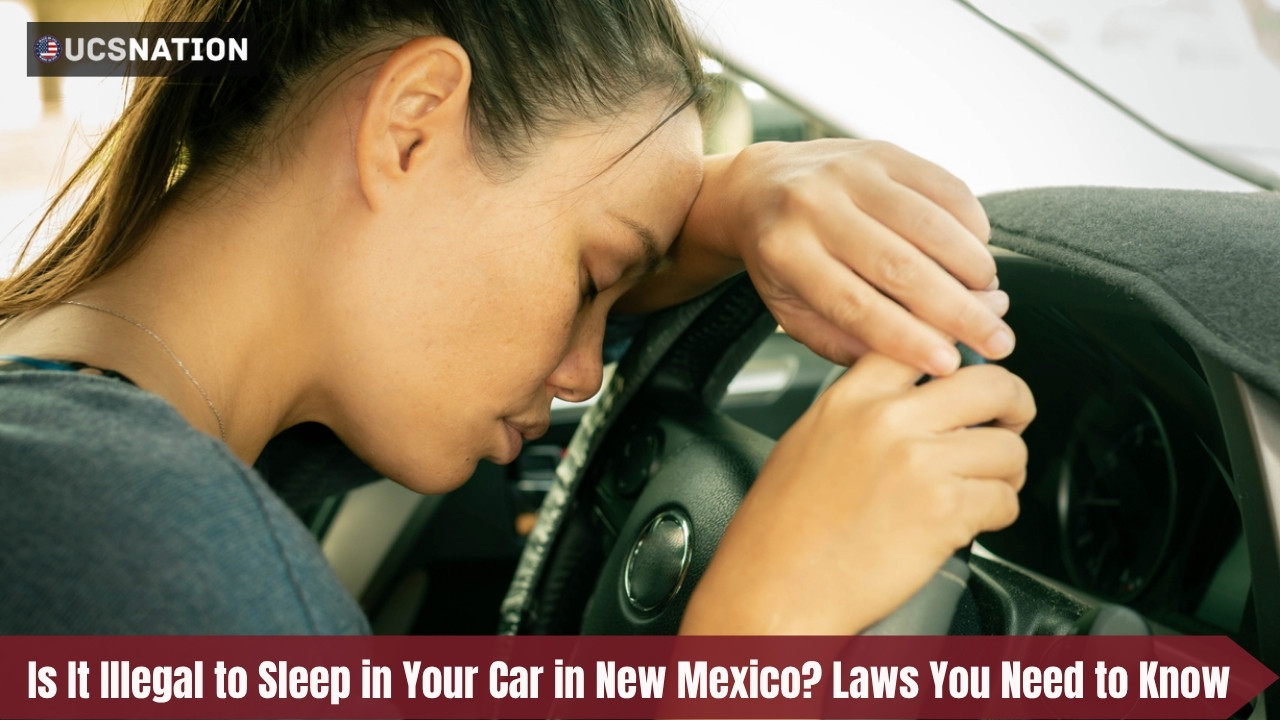





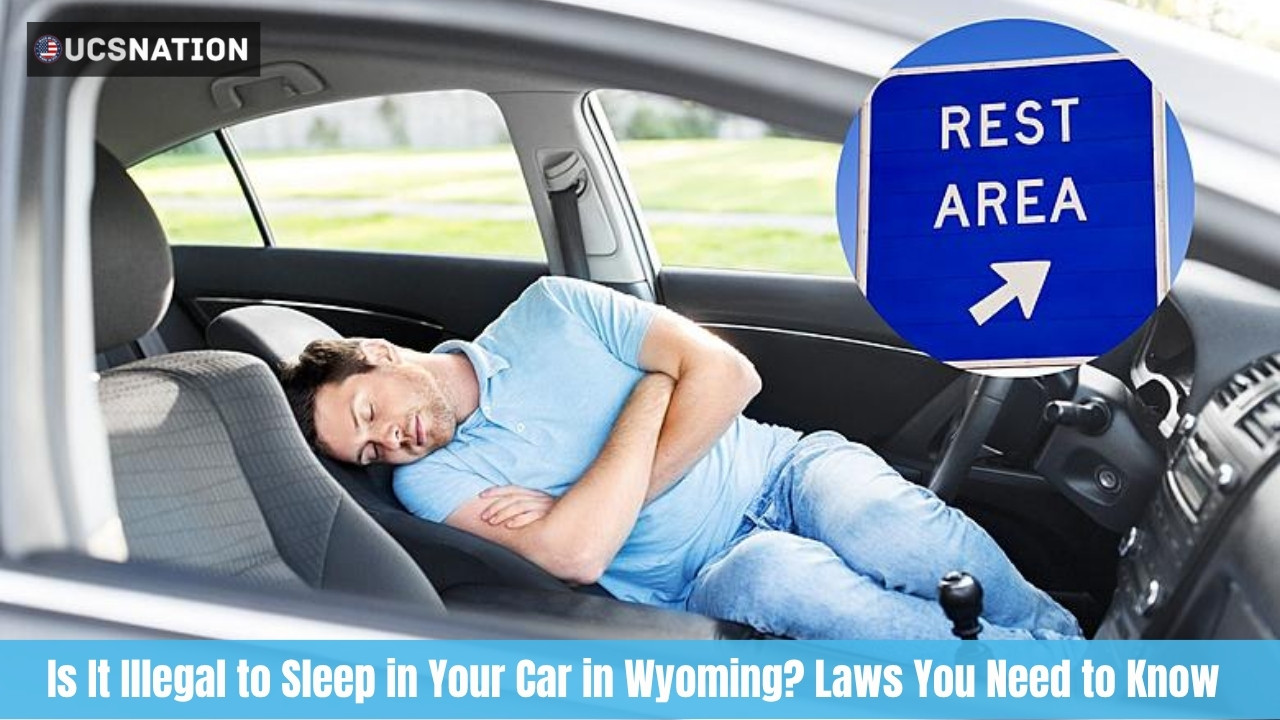
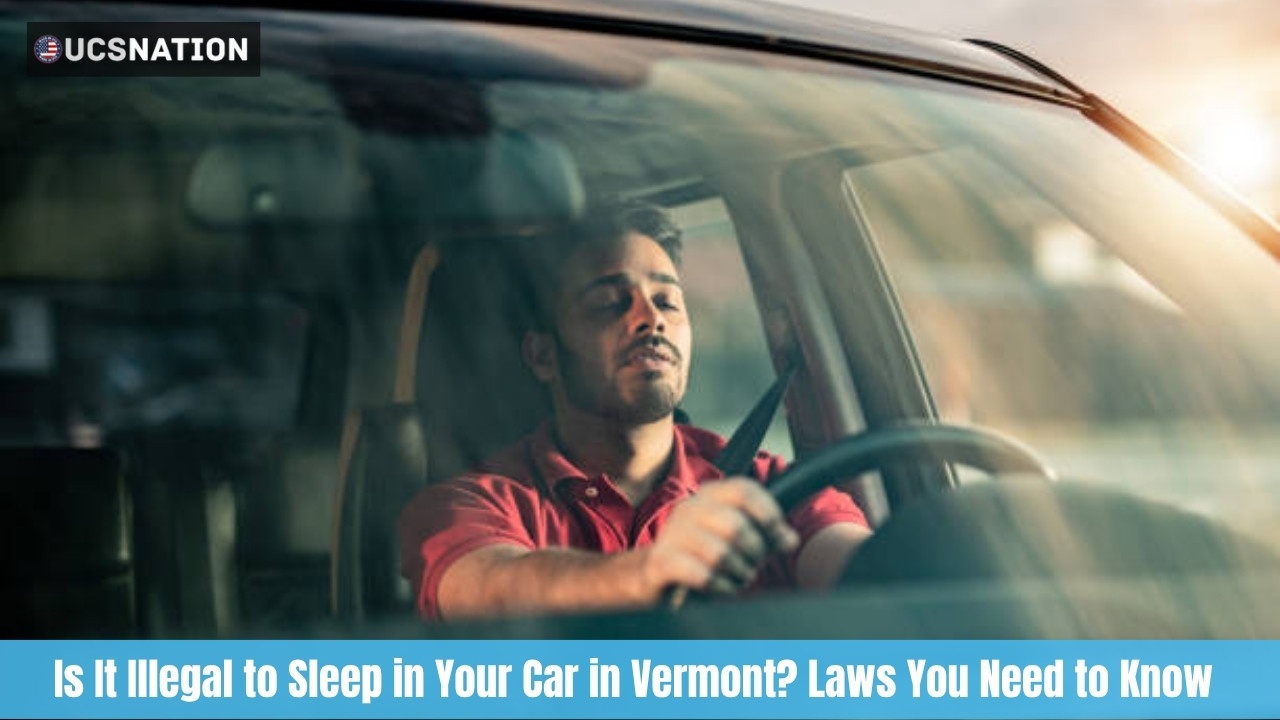
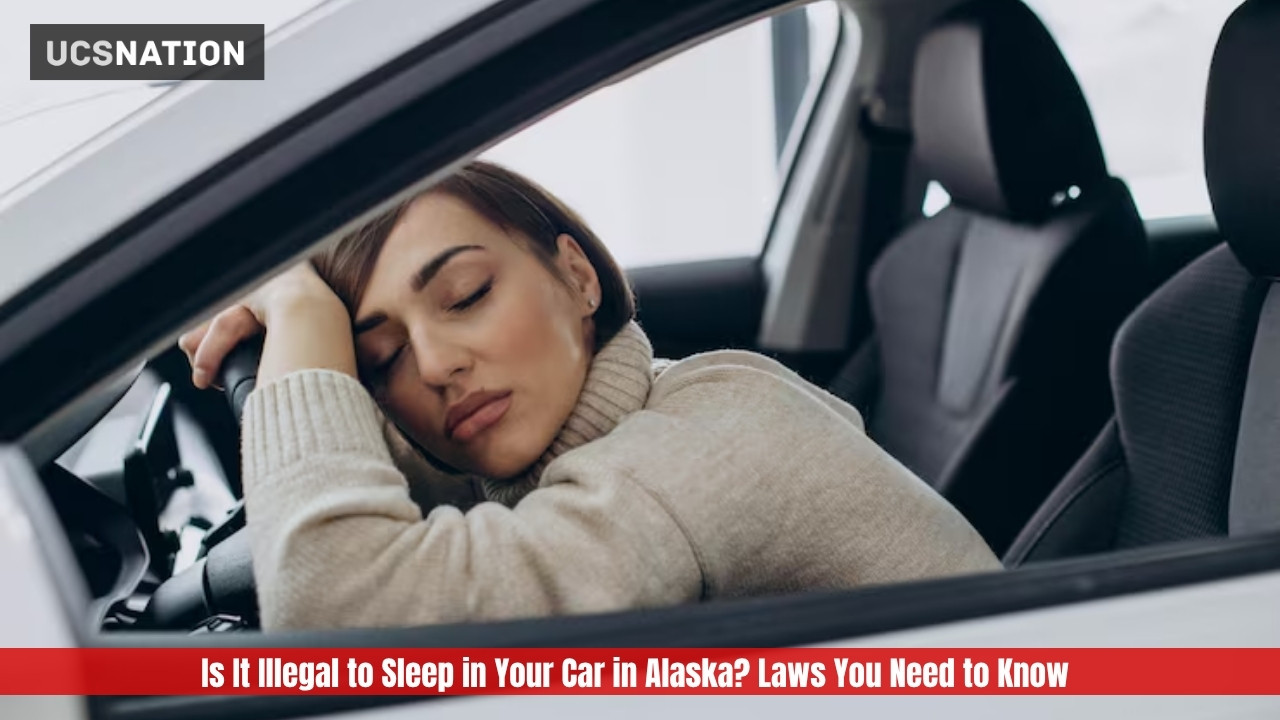
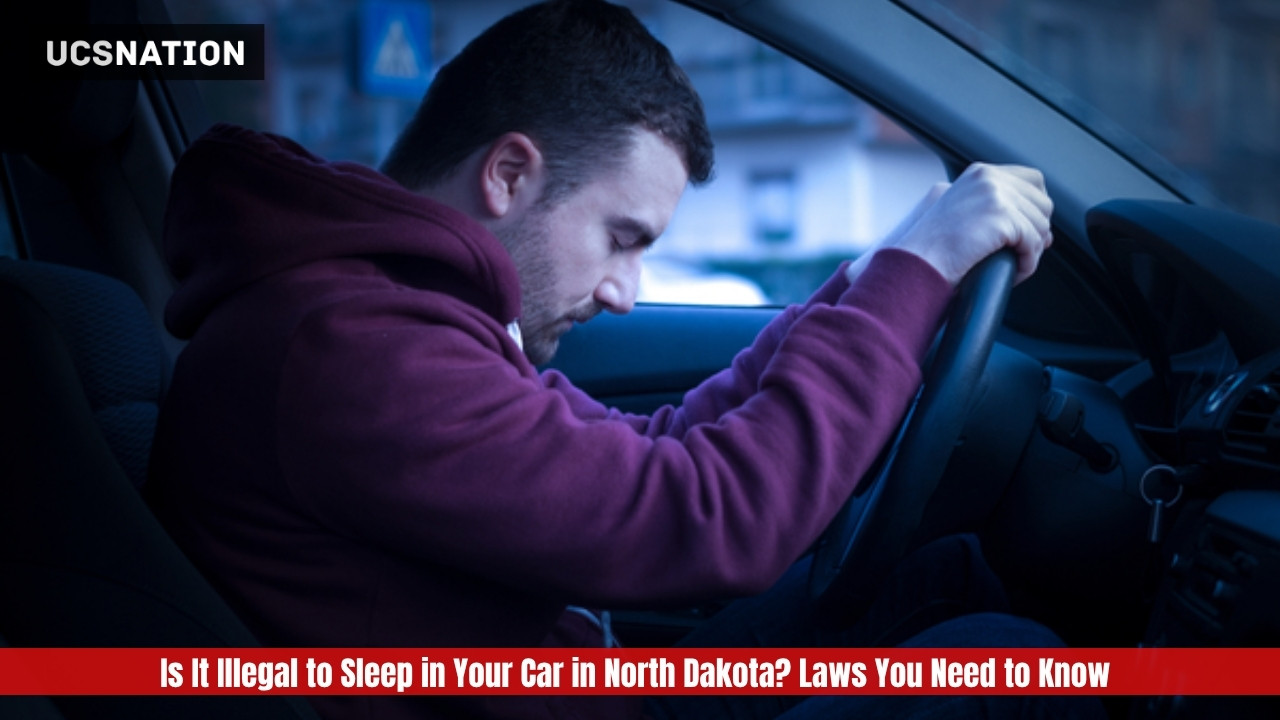
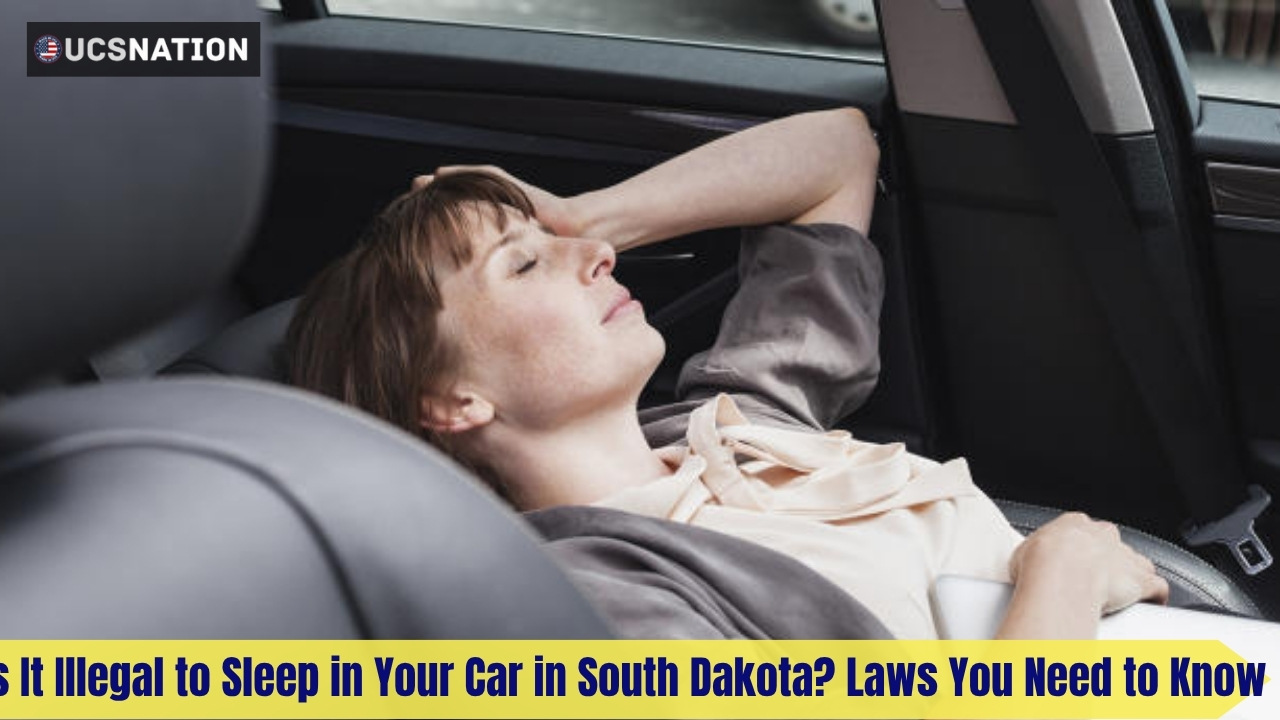




Leave a Reply